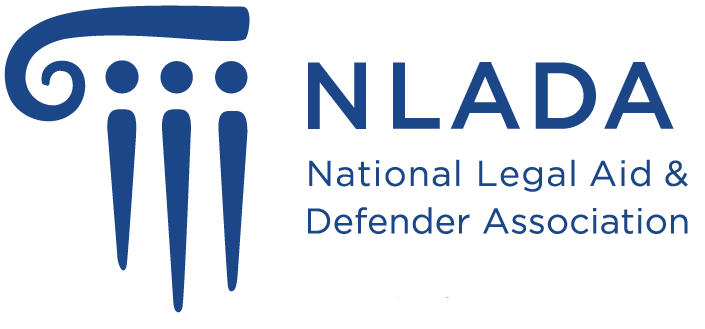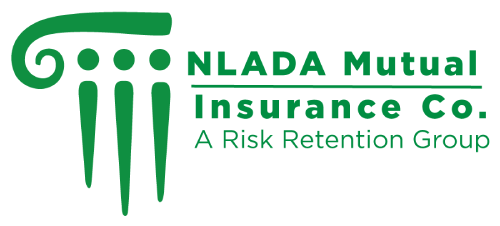**This opportunity may be appropriate for Defender programs with existing relationships with Law Enforcement agencies.**
NIJ's drugs and crime portfolio supports research on law enforcement efforts to deter, investigate, prosecute, and address illegal drug trafficking, markets, and use. This FY2018 solicitation will seek investigator-initiated proposals to conduct applied research on evidence-based tools, protocols, and policies for State, local and tribal jurisdictions. The two drug priorities are: 1) opioid-related criminal investigation, prosecution, drug intelligence, and community surveillance; and 2) illegal marijuana markets and drug-related violent crime. Opioid research proposals should address narcotics law enforcement, forensic science, and/or medicolegal death investigations; and opioids include heroin, fentanyl, diverted pharmaceuticals, synthetic drugs, and analogues.
With this solicitation, NIJ seeks proposals for applied research that examines the feasibility, impact, and cost efficiency of evidence-based tools, protocols, and policies for State, tribal, and local law enforcement and other criminal justice agencies that address two drug priorities: (1) drug trafficking, markets, and use related to heroin and other opioids (including fentanyl, diverted pharmaceuticals, synthetic drugs, and analogues); and (2) illegal marijuana markets and drug-related violent crime. All proposed projects should examine novel approaches to common problems, demonstrate methods to generate actionable information, promote innovative partnerships between stakeholders, and add value to resources that can be sustained long-term and replicated by other jurisdictions for a national scale impact.
In general, NIJ is authorized to make grants to, or enter into contracts or cooperative agreements with, States (including territories), units of local government, federally recognized Indian tribal governments that perform law enforcement functions (as determined by the Secretary of the Interior), nonprofit and for-profit organizations (including tribal nonprofit and for-profit organizations), institutions of higher education (including tribal institutions of higher education), and certain qualified individuals. Foreign governments, foreign organizations, and foreign colleges and universities are not eligible to apply. All recipients and subrecipients (including any for-profit organization) must forgo any profit or management fee.

